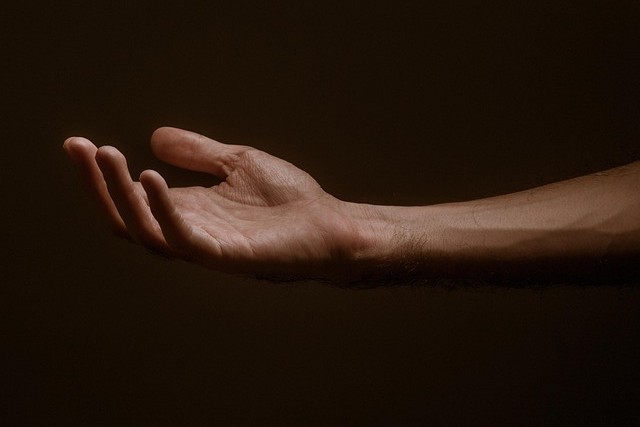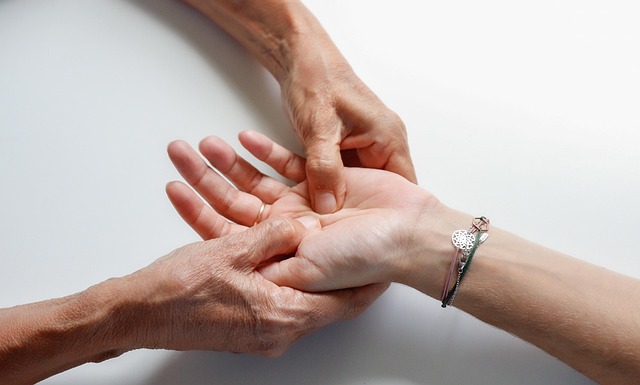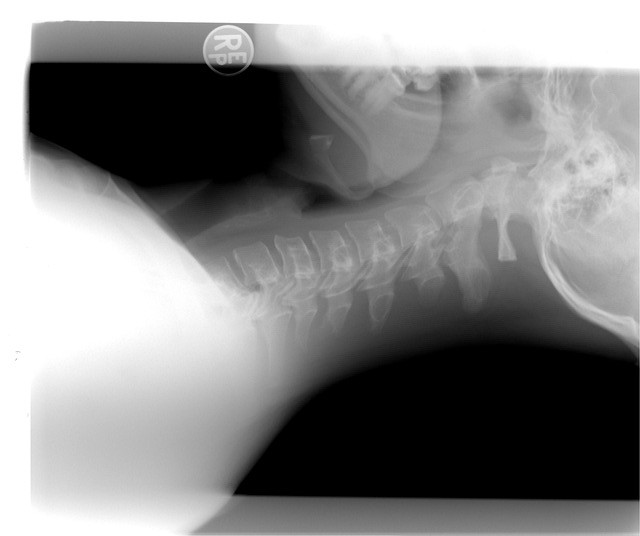In 2009, Lee, et. al., conducted study about Maintaining good health-related quality of life (HRQOL) which is a crucial goal in elderly residential care. However, identifying effective interventions to achieve this goal remains a challenge. This study aims to assess the influence of Tai Chi on HRQOL among nursing home residents.
A non-equivalent pretest-posttest control-group design was employed. A sample of 139 residents from six nursing homes in Hong Kong participated in the study. The experimental group (n=66) engaged in a 26-week Tai Chi program, while the control group (n=73) continued with their usual daily activities. The study assessed the physical and mental components of HRQOL as dependent variables, with resident satisfaction considered as a covariate. Doubly multivariate repeated measures analysis of covariance was utilized to analyze the intervention’s effect.
After adjusting for resident satisfaction, a statistically significant difference (p<0.05) in both physical and mental components of HRQOL between the experimental and control groups was observed. The findings indicated a significant improvement in HRQOL among residents who practiced Tai Chi.
This study contributes valuable insights into the health benefits of Tai Chi for nursing home residents, supporting its integration into elderly residential care practices to enhance HRQOL.
Tai Chi presents unique advantages as a health exercise, particularly suited to the needs of nursing home residents. Therefore, the inclusion of Tai Chi in elderly residential care programs is recommended based on the positive outcomes observed in this study.
Reference: Lee, L. Y., Lee, D. T., & Woo, J. (2009). Tai Chi and health‐related quality of life in nursing home residents. Journal of Nursing Scholarship, 41(1), 35-43.



